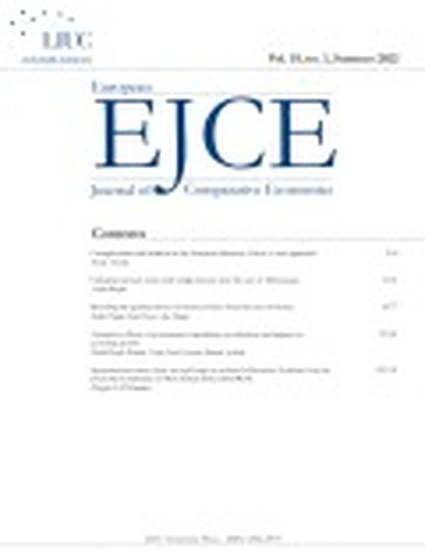
Article
Hub-and-Spoke or else? Free trade agreements in the 'enlarged' European Union
European Journal of Comparative Economics
(2005)
Abstract
The object of this paper is to estimate if and how the Central European Free Trade Agreement (CEFTA) and the Baltic Free Trade Agreement (BFTA) exerted a significant impact on intra-European trade, effectively reducing the influence of the European Association Agreements (EAs) in shaping the European trade structure has a hub-and-spoke system – with the EU15 being the hub and the CEECs the spoke. This paper analyses bilateral trade flows between eight CEECs and EU-23. We estimate a gravity equation using a system GMM dynamic panel data approach. Results support the assumptions that gravity forces and “persistence effects” matter. With respect to the effect of free trade agreements, evidence is found that Free trade agreements between CEECs matter: There is evidence that the presence of intra-periphery agreements helped expand intra-periphery trade and limited the emergence of a “hub-and-spoke” relationship between CEECs and EU. This results have important policy implications for the trade strategy of “future” EU members of the Southeastern European Countries as well as of the Southern Mediterranean Countries. According to the empirical results, these countries should move towards a regional free-trade area as exemplified by the CEFTA and the BFTA to avoid “hub-and-spoke” effects.
Disciplines
Publication Date
December 1, 2005
Citation Information
Luca De Benedictis, Roberta De Santis and Claudio Vicarelli. "Hub-and-Spoke or else? Free trade agreements in the 'enlarged' European Union" European Journal of Comparative Economics Vol. 2 Iss. 2 (2005) Available at: http://works.bepress.com/claudio_vicarelli/2/
